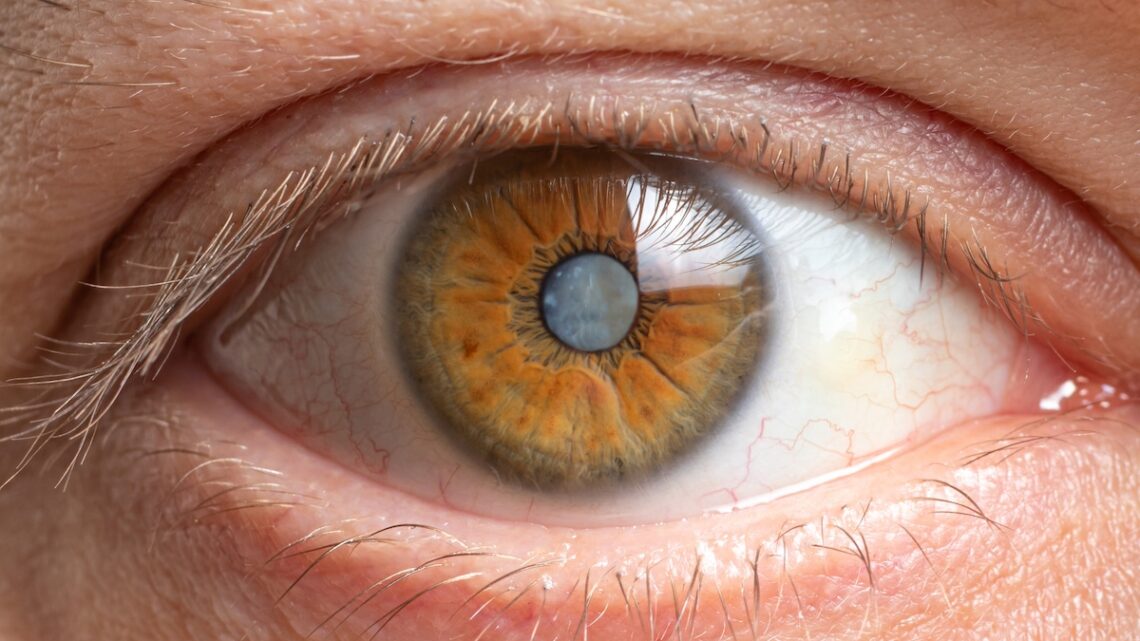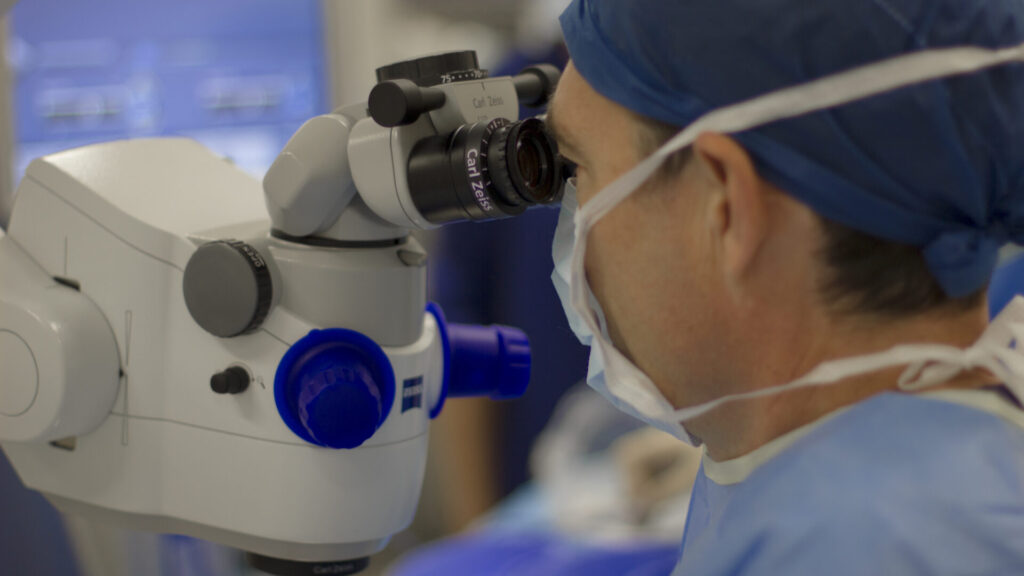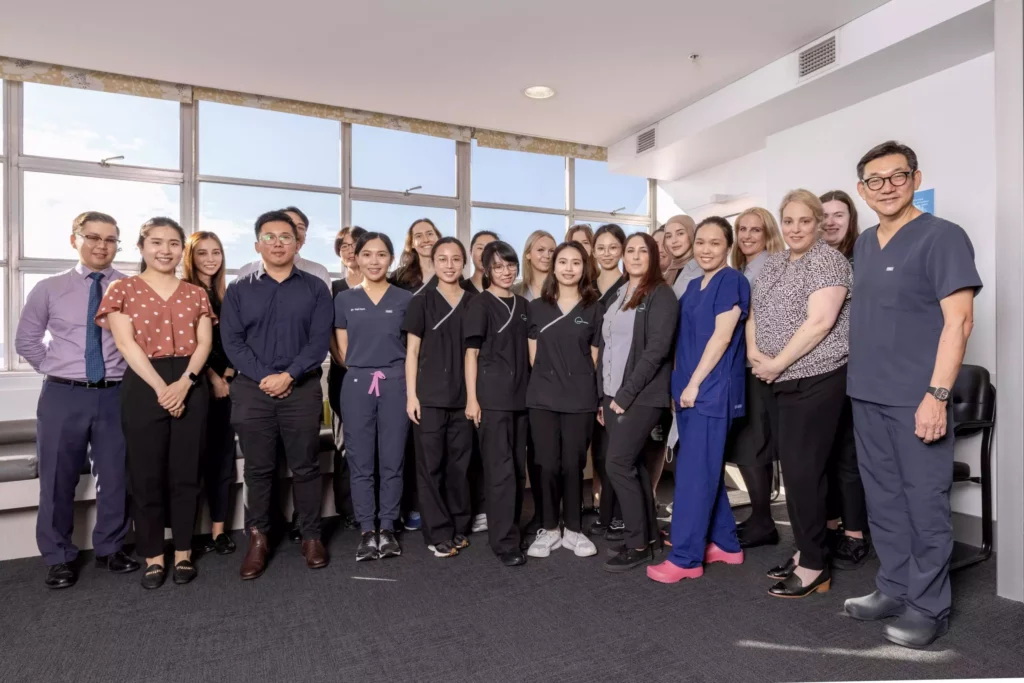
Cataracts are a common condition that affects the lens of the eye, leading to cloudy vision and eventual blindness if left untreated. Fortunately, cataract surgery is a highly effective procedure that can restore clear vision. For those seeking the best care possible in Sydney, understanding the nuances of cataract surgery, selecting the right surgeon, and knowing what to expect can significantly enhance the overall experience. This article delves into essential aspects of cataract surgery, providing guidance on securing the best possible treatment.
Understanding cataract surgery
Cataract surgery is one of the most frequently performed surgical procedures worldwide. It involves the removal of the cloudy lens from the eye and typically implants an artificial intraocular lens (IOL) in its place. This surgery aims to eliminate visual impairment caused by cataracts, ultimately improving the patient’s quality of life.
Sydney is home to numerous reputable clinics known for their exceptional cataract surgery Sydney services. Below is an overview of some of the leading clinics that have garnered positive feedback from patients.
What is cataract surgery?
Cataract surgery uses a technique called phacoemulsification, where ultrasonic waves break up the cloudy lens. The fragments are then suctioned out, and the IOL is inserted through a small incision. This minimally invasive procedure often leads to rapid recovery times and can be performed under local anaesthesia.
Patients typically experience a significant improvement in vision almost immediately after surgery. However, the healing process may vary, and full visual clarity can take a few days to stabilise. Many patients report that colours appear more vibrant and details sharper, which can be a delightful revelation after living with the dullness of cataracts. The ability to read, drive, and engage in daily activities without the hindrance of cloudy vision can profoundly enhance one’s overall quality of life.

The importance of quality cataract surgery
Quality cataract surgery is crucial not only for restoring vision but also for ensuring safety during the procedure. Choosing an experienced surgeon who utilises advanced technology can significantly reduce the risks of complications.
Complications can sometimes arise, such as infection, bleeding, or issues with the IOL placement. Therefore, the level of care and attention during both the procedure and recovery period plays a vital role in achieving successful outcomes. Post-operative care is equally important; patients are often advised to attend follow-up appointments to monitor their healing and to report any unusual symptoms promptly. Moreover, advancements in surgical techniques, such as femtosecond laser-assisted cataract surgery, are continually improving precision and outcomes, making it essential for patients to discuss all available options with their ophthalmologist to ensure the best possible care tailored to their individual needs.
Key factors to consider when choosing a cataract surgeon
Selecting the appropriate cataract surgeon is an essential step in the surgical journey. Various factors should be considered to ensure you receive the best possible care tailored to your individual needs.
Surgeon’s experience and qualifications
A surgeon’s experience and qualifications are paramount when making your choice. Research their educational background, specialisation in ophthalmology, and how many cataract surgeries they perform annually. It may also be worthwhile to check if they are certified by recognised medical boards or associations.
Reading patient testimonials or seeking recommendations can also provide insight into their surgical outcomes and overall patient satisfaction. Additionally, consider the surgeon’s familiarity with different surgical techniques, such as phacoemulsification or laser-assisted cataract surgery, as this can influence the success of the procedure and the efficiency of your recovery. learn more about phacoemulsification on https://www.ncbi.nlm.nih.gov/books/NBK576419/
Hospital or clinic facilities
The quality of the hospital or clinic where the surgery is performed can significantly impact your experience. Look for establishments accredited by recognised health authorities, as this ensures adherence to safety and care standards.
Consider the technology and equipment they utilise, as newer technologies can lead to more precise surgeries and improved recovery rates. Additionally, check the staff-to-patient ratio, as this can affect the level of personal care you receive post-surgery. A facility that invests in state-of-the-art equipment not only enhances the surgical experience but also demonstrates a commitment to ongoing advancements in ophthalmic care, which can be reassuring for patients.
Post-surgery care and support
Post-surgery support is vital for your recovery. Ensure that the clinic offers thorough follow-up services and access to medical advice when needed. Ask about the availability of optometrists or nurses for monitoring your recovery process.
Inquire about the resources available for managing post-operative symptoms, such as potential discomfort or vision fluctuations. A clinic that prioritises comprehensive patient care will be well-equipped to address these concerns effectively. Furthermore, consider whether the clinic provides educational materials or workshops to help you understand what to expect during your recovery, as well as strategies for optimising your vision post-surgery. This proactive approach can empower you to take an active role in your healing process, ensuring that you feel supported every step of the way.
Top-rated cataract surgery clinics in Sydney
Overview of leading clinics
Several clinics have established themselves as leaders in cataract surgery within Sydney. Notably, the Sydney Eye Hospital and Westmead Hospital have extensive experience and a track record of successful procedures. These institutions are renowned not only for their surgical expertise but also for their commitment to patient care, ensuring that individuals feel supported throughout their treatment journey.
Additionally, private practices like the Vision Eye Institute and The Eye Surgery Centre are lauded for their innovative approaches and cutting-edge technology, providing patients with ample choices. These clinics often invest in the latest surgical techniques and equipment, which can significantly enhance the precision and effectiveness of cataract surgeries. Furthermore, the welcoming environment and personalised attention at these facilities contribute to a more comfortable experience for patients. To know more about environment click here.
Services and specialties offered
Top surgical clinics often provide more than just cataract surgery. Many offer a comprehensive range of eye care services, which may include laser eye surgery, glaucoma treatment, and regular eye examinations. Such diversified services are indicative of a well-rounded medical practice. This holistic approach not only addresses immediate vision issues but also promotes long-term eye health, allowing patients to receive all necessary care under one roof.
Some clinics also specialise in customised intraocular lenses, allowing patients to choose lenses that best suit their visual needs and lifestyles. This level of personalisation further enhances patient outcomes and satisfaction. Moreover, many clinics are now incorporating advanced diagnostic tools to assess patients’ unique eye conditions more accurately, ensuring that the chosen treatment plan is tailored specifically to each individual’s requirements. This dedication to personalised care reflects a growing trend in ophthalmology, where patient-centric approaches are becoming the norm, leading to improved recovery times and overall satisfaction with the surgical experience.

Preparing for cataract surgery
Preparation is key to a successful cataract surgery experience. Understanding the necessary steps can help reduce anxiety and set realistic expectations for the day of the procedure.
Steps to take before your surgery
First, ensure you have a comprehensive eye examination performed by your ophthalmologist. This will assess the severity of cataracts and help determine the appropriate timing for surgery. You may also be required to stop taking certain medications that could pose a risk during the procedure.
It’s advisable to arrange for someone to accompany you to the surgery, as you may not be permitted to drive immediately after the procedure. Discuss any concerns with your medical team beforehand to clarify any queries regarding the process.
In addition to these preparations, it is also beneficial to gather any necessary items you might need for your recovery at home. This could include comfortable clothing, sunglasses to protect your eyes from bright light, and any prescribed eye drops or medications. Creating a comfortable space where you can rest post-surgery will aid in your recovery. Consider preparing meals in advance or arranging for someone to help with household tasks, as you may find it challenging to engage in your usual activities for a few days following the surgery.
What to expect on the day of surgery
On the day of surgery, you will generally arrive at the hospital or clinic and be taken through an admission process. This will include a final eye assessment and a briefing on the procedure. The surgical team will ensure you feel comfortable and informed about what to expect.
During the operation, you will be awake but may receive a sedative to help you relax. The whole procedure typically lasts around 30 minutes, though you should expect to spend additional time in the recovery area before going home. It is also important to note that while the surgery itself is quick, the entire experience, including preparation and recovery, may take several hours. After the surgery, you will have a follow-up appointment scheduled to monitor your healing process and ensure that your vision is improving as expected. This is a critical part of your recovery, as your surgeon will assess how well your eye is responding to the new lens and make any necessary recommendations for your ongoing care.
Recovering from cataract surgery
The recovery phase is crucial, as it significantly influences your visual outcomes. Following post-operative care instructions is essential for a smooth recovery process.
Post-surgery care tips
After surgery, you will likely experience some mild discomfort or blurred vision. This is normal, and your surgeon will prescribe eye drops to prevent infection and manage inflammation. It’s important to use the drops as directed and attend all follow-up appointments.
Limit strenuous activities and avoid touching or rubbing your eyes for a specified period. Wearing sunglasses outdoors can also protect your eyes from bright lights and debris as they heal. Additionally, it may be beneficial to arrange for assistance with daily tasks, especially in the first few days post-surgery, as you may find it challenging to perform activities that require clear vision. Simple tasks such as cooking or driving should be approached with caution, allowing your eyes the necessary time to adjust and recover.
Signs of successful recovery
As your eyes begin to heal, signs of a successful recovery include gradual improvement in vision clarity, diminished discomfort, and reduced sensitivity to light. In most cases, patients experience a noticeable difference in their vision within a few days. It is also common to notice a reduction in glare or halos around lights, which can be particularly pronounced immediately after surgery.
If you encounter persistent pain, increased redness, or vision changes, it’s essential to contact your surgeon immediately. These could be signs of complications that need to be addressed swiftly. Overall, patience and adherence to post-operative care will pave the way for successful outcomes. Moreover, engaging in gentle eye exercises, as recommended by your healthcare provider, can aid in the healing process and enhance your visual recovery. Remember that every individual’s healing journey is unique, and maintaining open communication with your healthcare team can provide reassurance and guidance throughout this period.
Other resources: A Guide to Cataract Eye Surgery